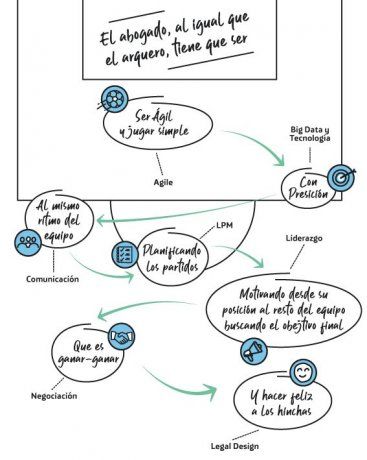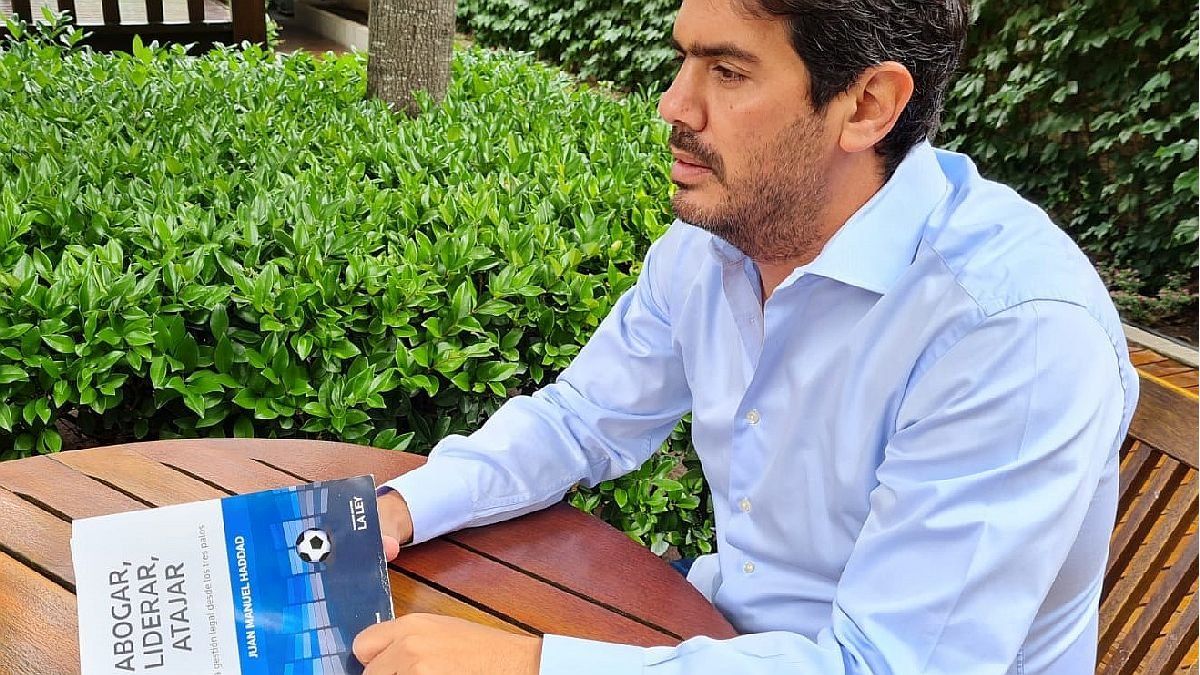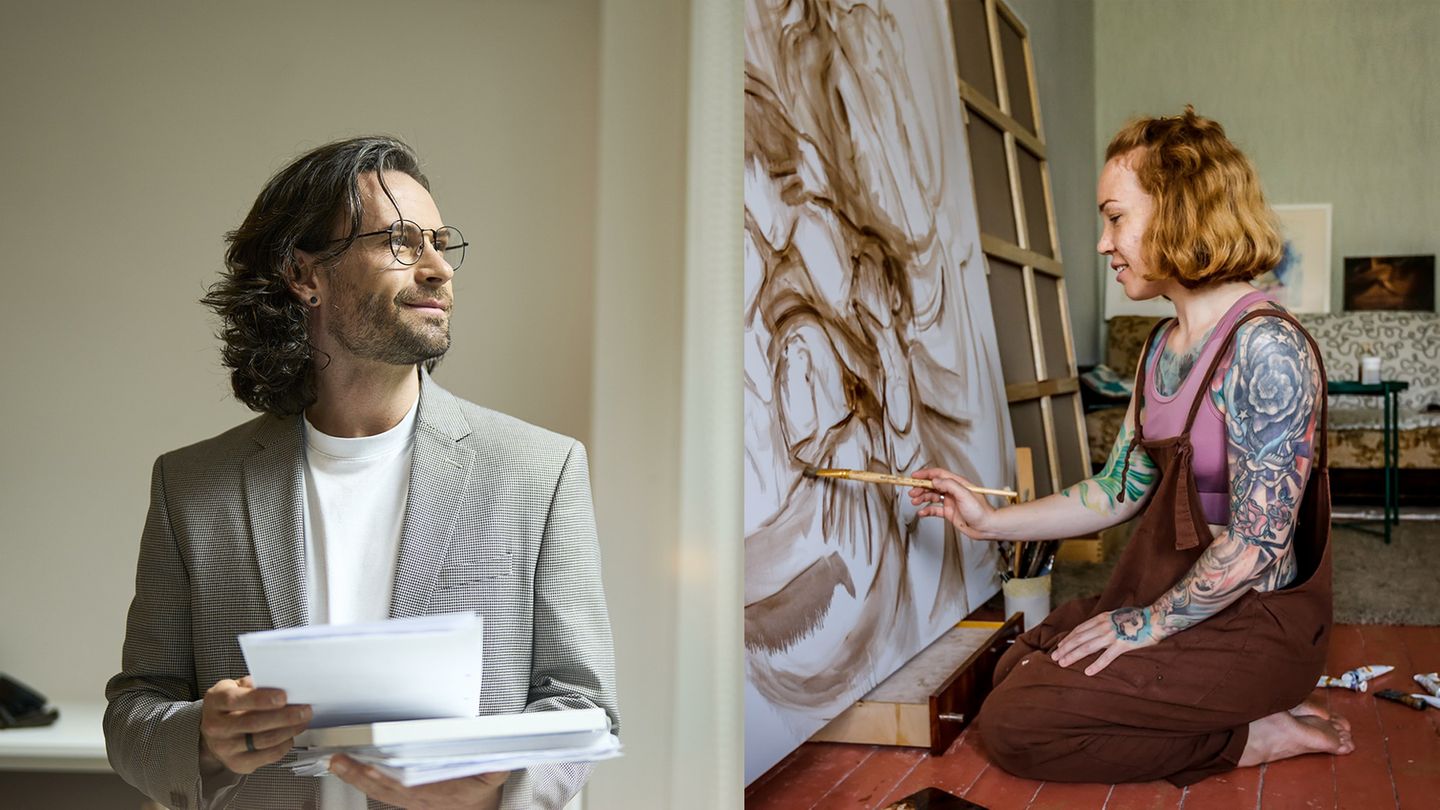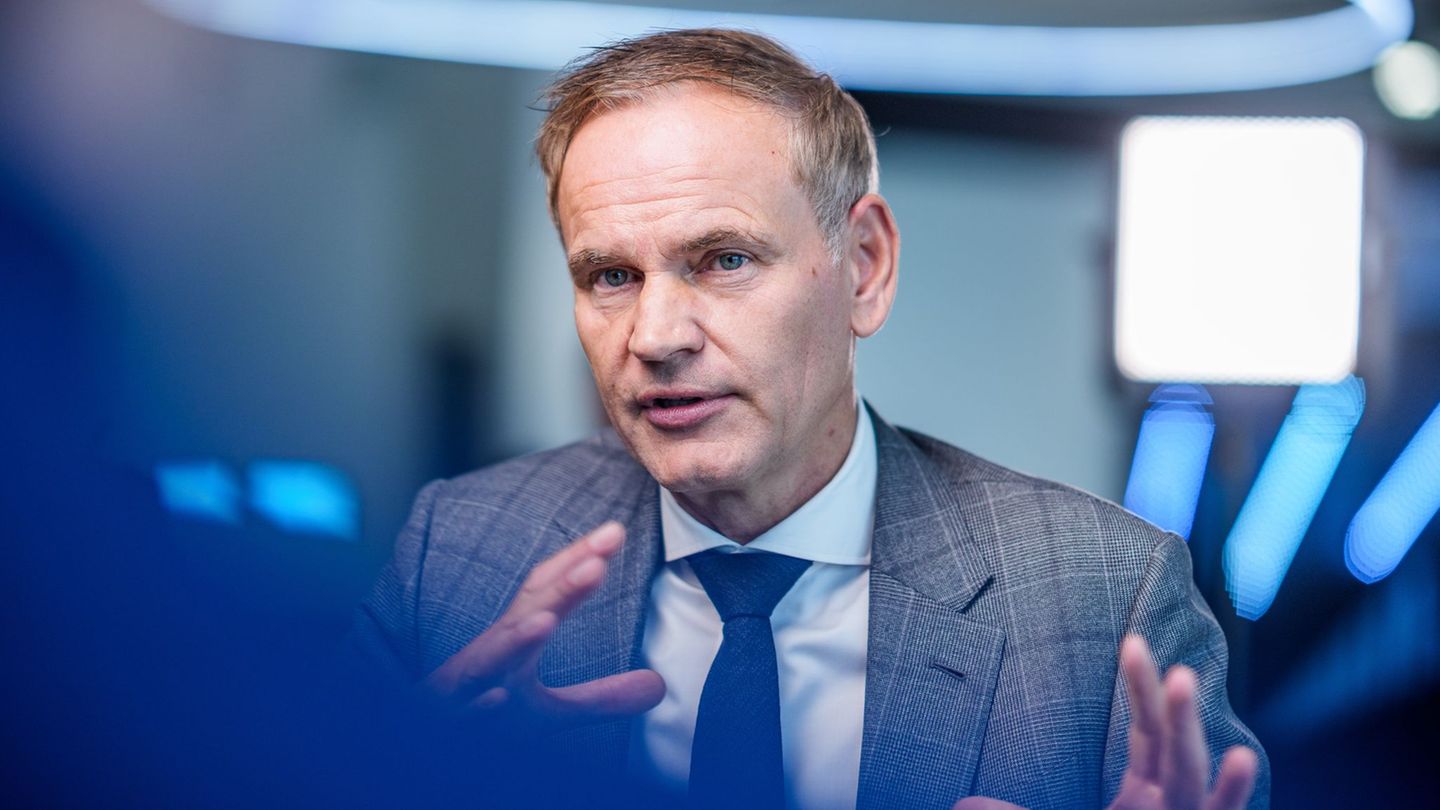The truth is that this end of the year finds him, the nobel author, fulfilling the dream of having captured on paper “I’m an archer turned lawyer, but I keep looking at life from the three suits” and, in addition, preparing a technological experiment in which artificial intelligence (AI) is combined with the registration of contracts on the Blockchain.
So: a lawyer who feels like an archer writes a different book “For the curious, for the restless” while developing technologies together with the team he leads, seeking to push the limits of his own work, as if he wanted to leave the (legal) area and play with his feet, like the archers of today. Okay, let’s chat.
Book Advocate Lead Catch Haddad.jpg
Journalist: Telefónica’s legal team is a benchmark for innovation in the sector. In Advocate, Lead, Clash are there any signs of where legal management is going?
Juan Manuel Haddad: Yes, because I have my eyes on that every day. Let’s say that the audience you are targeting are lawyers who are thinking about how to transform themselves. And the transformation of oneself can occur at different times in life. In fact, my dad is 70 years old and he’s reading it, because, beyond what I wrote it –Serie– understood that technologies allow to work better. In his case, simply by viewing files from home, everything is made easier.
On the other hand, I was transformed several times in my life; First I was an archer in Platense and Argentinos Juniors, later I became a lawyer, then a Legal Manager of a corporate company, and today, when I have to lead the digital transformation of the area, I am becoming something that I do not know exactly what it is, because we incubated a business of Legaltech on my team, and it’s climbing in the region.
For this reason, in the second part of the book I review all the qualities that legal management today demands of legal professionals, and that they reveal to me: agility, leadership skills, project management, innovation techniques, knowing how to communicate, work integrated into the rest of the areas of the company, and, above all, identify opportunities in which we truly add value, in order to leave repetitive tasks in the hands of computer systems.
P .: The book is not at all conventional, taking into account the legal literature. At first you maintain that the lawyer is the archer, and you find similarities in the evolution of the two trades, advocating and tackling. At the end, there are interviews with soccer idols, among others, David Trezeguet and Gabriela Garton, the goalkeeper of the Argentine team. How did you come up with doing it like this?
J.M.H.: It is that I believe that what is coming, for those of us who practice law, is such a strong change that it does not happen through the intellectual or cognitive, but through the attitude. In fact, I put it like this: “digital transformation is a matter of attitude”, paraphrasing Fito Páez.
And communication is essential to help lawyers transform. So, having included graphics, conversations with athletes, and summoning experts from various disciplines while, at the same time, I tell a bit of my story, is a way of not boring, of breaking the molds. Note that the book has 160 pages because, in the concepts, it goes to the concrete, without that baroque style that lawyers usually put into what they want to say.
It made no sense to write a conventional book if what I am saying is that we have to change, and that we have to understand the Law and, especially, the legal profession, from another point of view!
Think that many of the skills that I explain in the book are those that the market asks of lawyers, but they are not in the academic offer of any university in Law majors …
Book Advocate Leading Tackling Haddad 2.jpg

Haddad is almost unclassifiable, and he boasts of it. Furthermore, he admits that “When I realized that in certain circles I was not going to be the best, I decided to be different”. His tangential look at some phenomena helps him in the task of avoiding labels.
However, in chapter 1 of his debut, he narrates in great detail that what finally convinced him that he should venture into writing was having read in this same medium – and from the same pen – that he, after a couple of decades without stopping, I kept looking at life from below the three sticks.
He saw himself portrayed (not to say that the file had been taken from him) and reaffirming his identity as an ‘unconventional lawyer’ encouraged him to capture in a book how it is possible to practice a traditional profession without abandoning passions. In fact, that chapter culminates in one of its headlines: “The booties do not hang.”
Now, sitting in front of me, when he wants to round off an idea he uses his hands, but his passion for the arc assails him at the least expected moment, and then, for him, the roundness of his argument is that of a ball, resting securely , gripped in his hands. I hope he comes out playing and doesn’t flip it.
Q .: How do you see innovation today in the corporate legal world?
J.M.H.: Look, we are doing two things. The first is that we understood the importance of communicating each advance, so, for example, we give more impetus to Movistar Legaltech Forum that today is an event of global significance, in terms of disruption in business law.
In those meetings we try to tell our experience, for example with Maite –N of R: The AI system that answers legal inquiries created by your own team– so that lawyers in other Spanish-speaking countries are encouraged to transform themselves. In fact, the same I try from the Austral University, where academically we propose postgraduate programs with which a movement in Latin America has to be created.
And the second big bet is something that we are developing together with Telefónica de España. It is a use case in which several technologies intervene: Maite’s AI, the decentralized and secure storage of the Blockchain, the digital signature and the automation of an RPA -from English Robotic Process Automation-.
Q .: How does that process work?
J.M.H.: For example, an intern asks for a simple contract, and generates it with Maite, that is, working with a virtual legal assistant. Once the document is done, Telefónica and its counterpart digitally sign the contract, and then our computer system registers it in the Blockchain. With this, we tie technologies together and provide certainty that the certification of signatures is no longer in the traditional way, but with technology; in short, more efficient.
And since many times the legal processes are cumbersome due to the exchange of information between parties, this allows us to be fast and reliable when it comes to gathering all the communication of, imagine, a public tender with antennas throughout the country. What we are developing makes every data exchange registered in an inviolable system, and an RPA helps solve some simple query.
But what is exciting about this process is that it has been more than ten years that the professionals in the legal area of the company have been transforming us, to the point that today we can develop our own solutions and go out and offer them because we program ourselves. Leading that path fills me with pride.
Juan Manuel Haddad 2.jpg

These days Haddad is obsessed with futures design as an innovation methodology. “It seems to me that lawyers are not thinking about that, and it is contradictory because we are talking about the lawyer of the future but we do not know how what is coming is projected, and then concretize it” ponder.
I remember Menotti’s teams. In their golden age, goalkeepers played so far ahead and pulling ‘the bilge’ that, from time to time, they scored reprehensible goals.
Of course, the ’78 champion was a forward, and so were his archers. But what is the fair measure of visionaries? What are their legitimate reasons, and what noble motivations lead them to want to anticipate the circumstances? Beyond the lucubration, Haddad is a natural competitor and before each challenge he doubles the bet.
For my part, as in the previous time, today I did not listen to a lawyer either. However, something changed. In that first talk, I discovered a goalkeeper camouflaged in the clothing of an executive; I am leaving this café with the certainty that, with his book, an innovator of international level was presented in society.
However. How much traditional professions can mutate, and at what rate technology will make us dance in the coming years (if we can bear it) are just two concerns in a sea of unknowns related to our daily work.
Some leave their concerns in the hands of God. Haddad trusts his team and his leadership skills. Hopefully the vertigo of digital transformation is not another every man for himself.
Source From: Ambito




